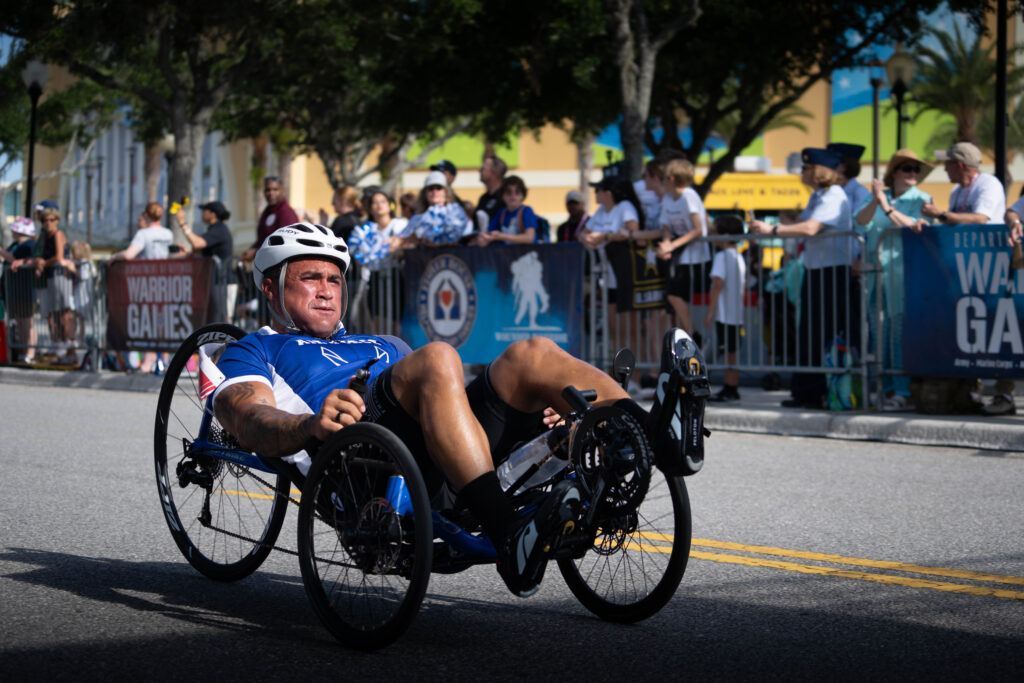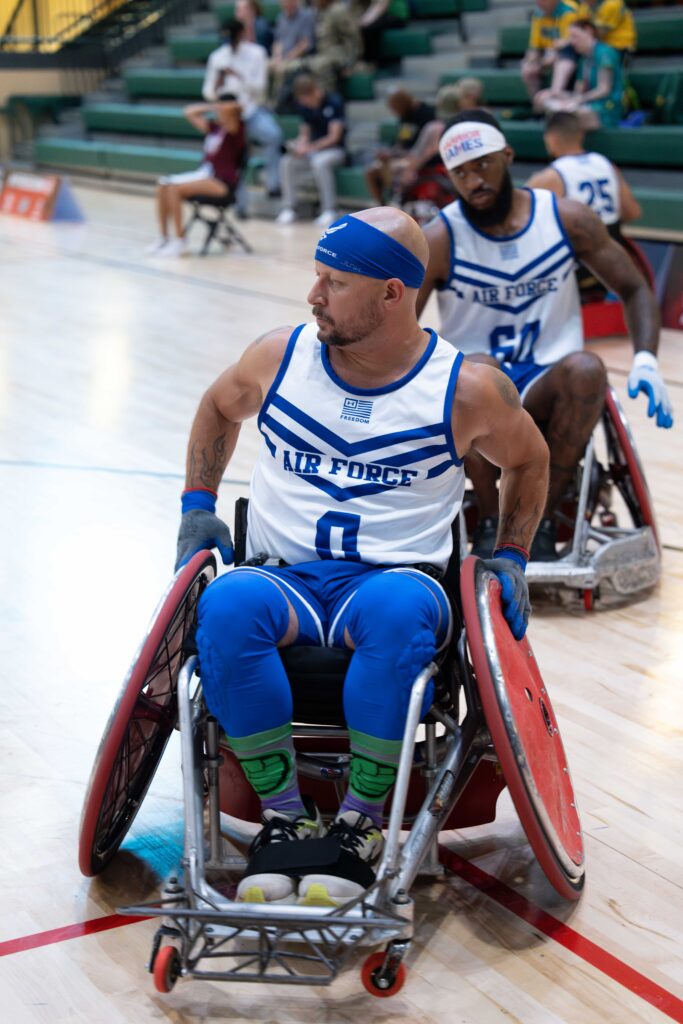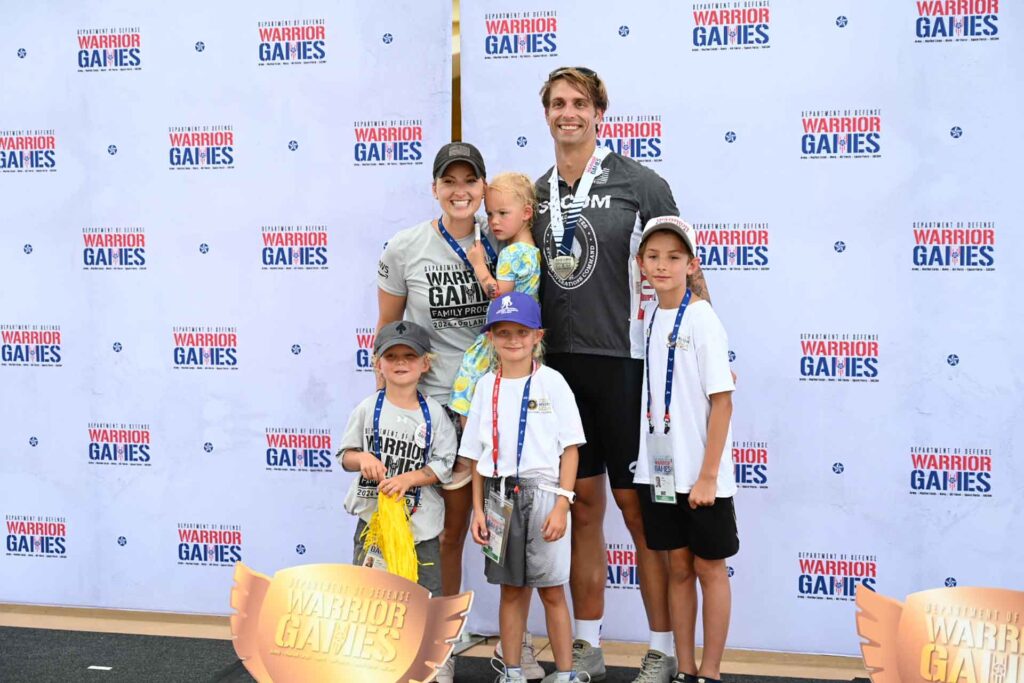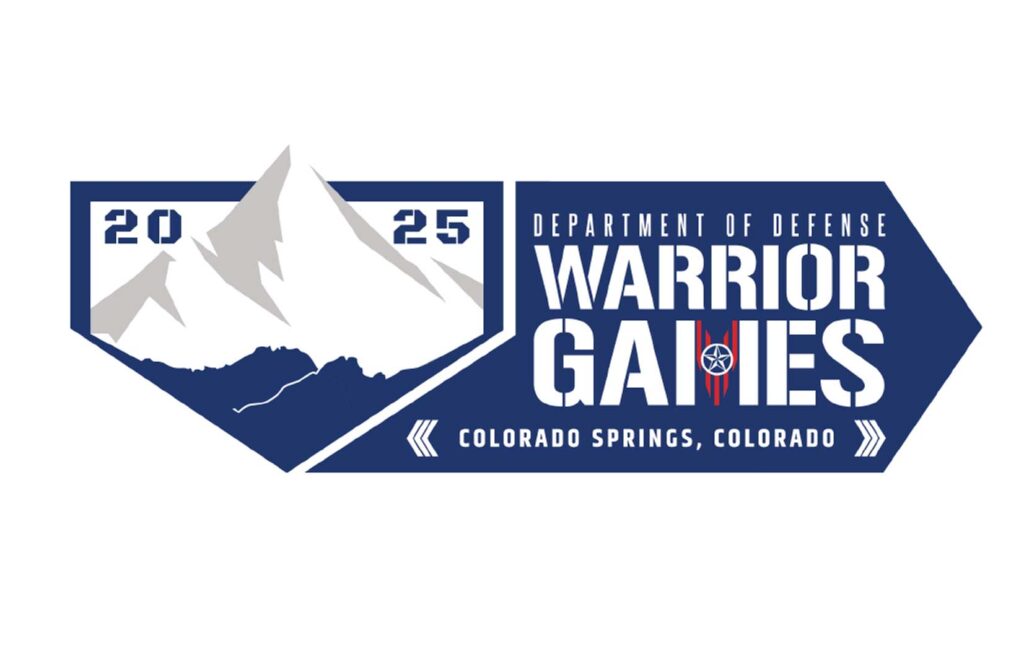From Rock Bottom to Team Captain: the Power of Adaptive Sports
According to the Oxford English Dictionary, recovery is “a return to a normal state of health, mind, or strength.” What it doesn’t say is “normal” means something different to everyone. One person’s “normal” is another person’s disabled, with the mindset being the deciding factor in how to perceive what is normal at the personal level.
Airmen or Guardians enrolled in the Air Force Wounded Warrior Program could argue that their “normal” would be a whole lot different from those in the units they serve in. For some though, the “new” normal they face can be daunting.
“When I received my diagnosis, I hit rock bottom,” said retired Senior Master Sgt. Jonathan Geren. “I didn’t want to be that SNCO the Airmen looked down on because I was incapable of deploying and performing PT.”
That is where adaptive sports come in.
The 2012 National Defense Authorization Act codified the use of adaptive sports for wounded, ill or injured servicemembers, and some veterans, giving them a new tool they can use as part of their recovery.
“Adaptive sports have been critical in my recovery,” said retired Technical Sgt. Chris Ferrell. “I’ve been through so many different types of therapy, and some have been helpful, but when it came to adaptive sports, it was something that came naturally.”

“It is what got me focused on both my mental and physical health,” said Geren. “I was instantly hooked and wanted to show that I was better than the state I was in at my first event.”
Part of the appeal of adaptive sports is the element of teamwork.
Ferrell said, “I do believe it brings back the family and team aspect that a lot of veterans end up missing in their post-military life.”
“I agree,” said Geren. “That is what I love most about it [adaptive sports]; being on a team. The connection other warriors, pushing each other through personal goals, is rewarding.”

Both Geren and Ferrell took their new-found love of adaptive sports and used it to further their recovery goals.
“You do not have to be the greatest at any sport, but you have complete support from your fellow warriors, staff and coaches that meet you where you are physically,” said Jon Geren. “It doesn’t matter your abilities or disabilities, it’s the spirit of competition and camaraderie that makes you want more.”
Ferrell echoed that sentiment, saying, “I think it’s an extremely valuable tool in recovery. And, being on a team again helps all of the negative energy I may build up, giving me the positive outlet I need to get better in the long run.”
Ferrell and Geren are taking their love of adaptive sports to the Department of Defense Warrior Games, a Paralympic-style competition featuring eleven adaptive sports they will compete in against their fellow wounded warriors from the other services. It is a hugely competitive event, with every athlete looking to make their personal best in their chosen sports, both individually, and as a team.
“Mentally, I am much happier when I am training with other warriors or competing on a team,” Geren went on to say. “I have built a strong network of friends through AFW2 and my involvement in adaptive sports and I couldn’t be happier.”
For Ferrell, this will be his very last Warrior Games, but he leaves knowing his recovery is on track and leaving won’t keep him from guiding others, helping them find adaptive sports as part of their recovery.
“I know where I’m at in my recovery,” he said. “This has been an incredible journey, but it’s time for a new warrior to step in and follow the same pathways as me. It is not the final stop in my journey, only a stepping stone.”


